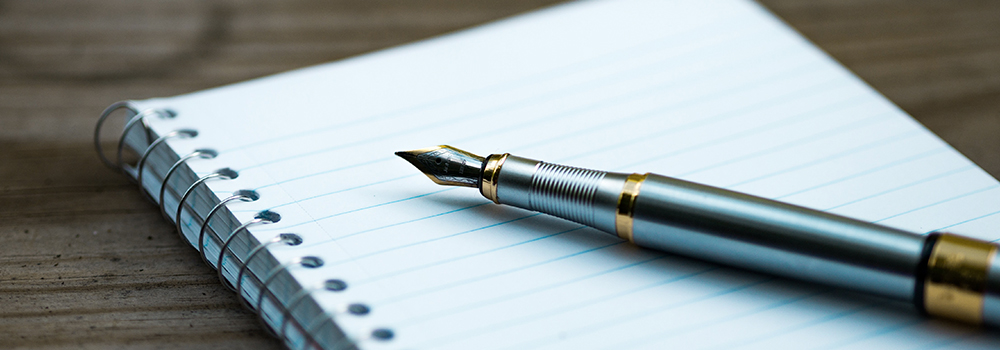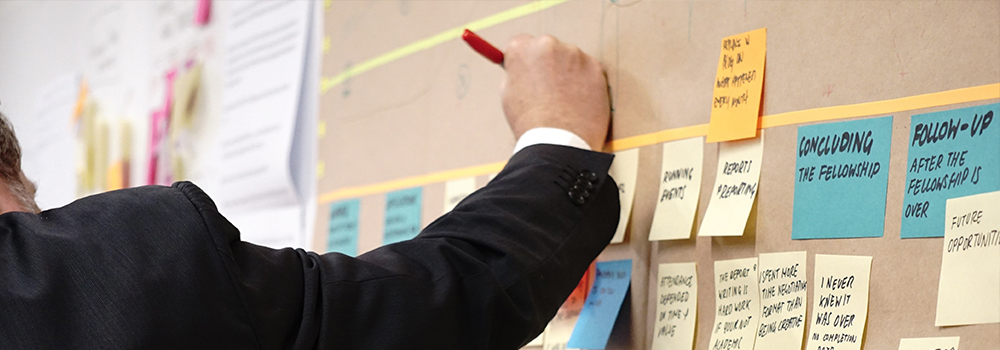Library Surveys & More

To kick off Term 1, 2021, the March Library blog looks at how Library User Surveys are used and why they are important.
It also looks at six skills that would enhance student learning outcomes.
Library User Surveys
1. What library user surveys are for?
They are used to obtain client feedback.
The surveys investigate library user satisfaction with the facilities and equipment on offer, and service quality of library staff. They help to assess user opinions of the quality of services and facilities provided, and the performance of library resources, services, tools and programs.
2. What library user surveys are about?
They are used to obtain client feedback.
The surveys investigate library user satisfaction with the facilities and equipment on offer, and service quality of library staff. They help to assess user opinions of the quality of services and facilities provided, and the performance of library resources, services, tools and programs.
3. How library survey results are used?
The results are used to improve services and facilities.
Survey results are analysed using a methodology that measures rated importance against performance. This process will assist in identifying problem areas which will then be targeted for improvement.
4.Why library surveys are important?
They provide an opportunity for users to inform what they want from the Library.
Library surveys gauge user satisfaction with library equipment, facilities, collections and services.
User feedback allows the library to identify areas or services that need improving so that it can address needs and concerns and building a better Library.

Skills that Help Enhance Student Learning Outcomes
Analytical Skills – be able to conduct qualitative and quantitative analyses, drawing insights from surveys and data. Data management skills will be in particular useful as the use of technology generates large amounts of data.
Communication Skills – adept interpersonal, oral and written communication skills (Burton, 2019).
Critical Thinking skills – be able to think critically, synthesise concepts and theories and apply them in practice.
Project Management Skills – be able to manage and handle projects big and small, short and long-term. The projects include surveys, systems evaluation and information delivery solutions. This skill is paramount in a rapidly changing technological environment where IT systems upgraded are often managed in projects (Burton, 2019).
Research Skills – the ability to explore, examine, investigate and apply information.
Technology Skills – be able to use technologies and emerging technologies to communicate with peers in your work and study, and to use technologies in learning and research. Technology skills cover the use of hardware, software, networks, mobile devices, social media platforms, their features and functions (Chun, 2018).
Skills are complementary - These skills are inter-related and complementary to each other. They help to enhance student learning and research (Chun, 2018).
References
Burton, S. (2019). Future skills for the LIS profession. Online Searcher.
Chun, T. (2018). Brave before perfect: A new approach for future-ready librarians. Teacher Librarian.
From the Librarian, March 2021